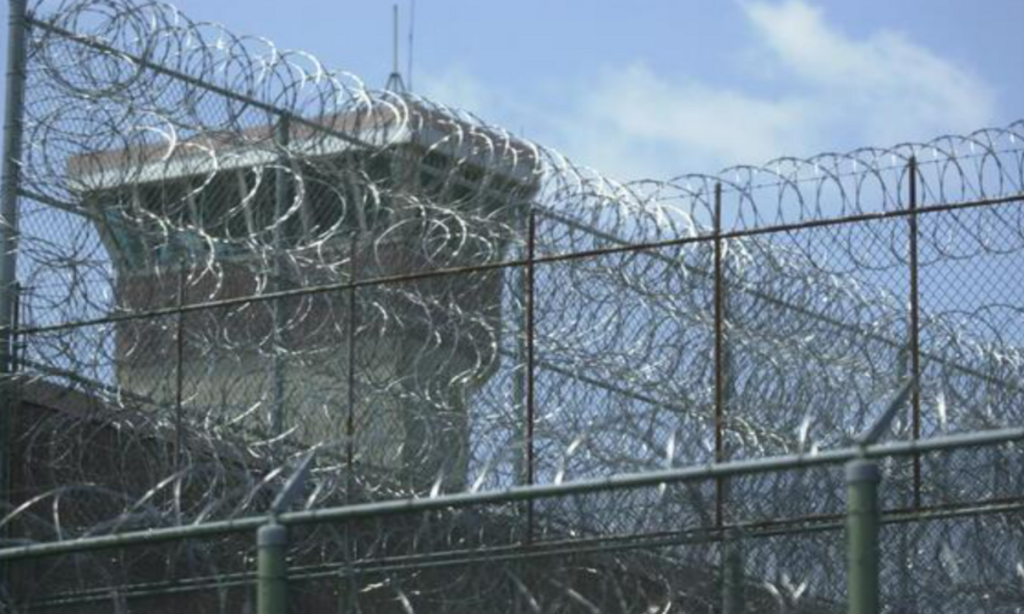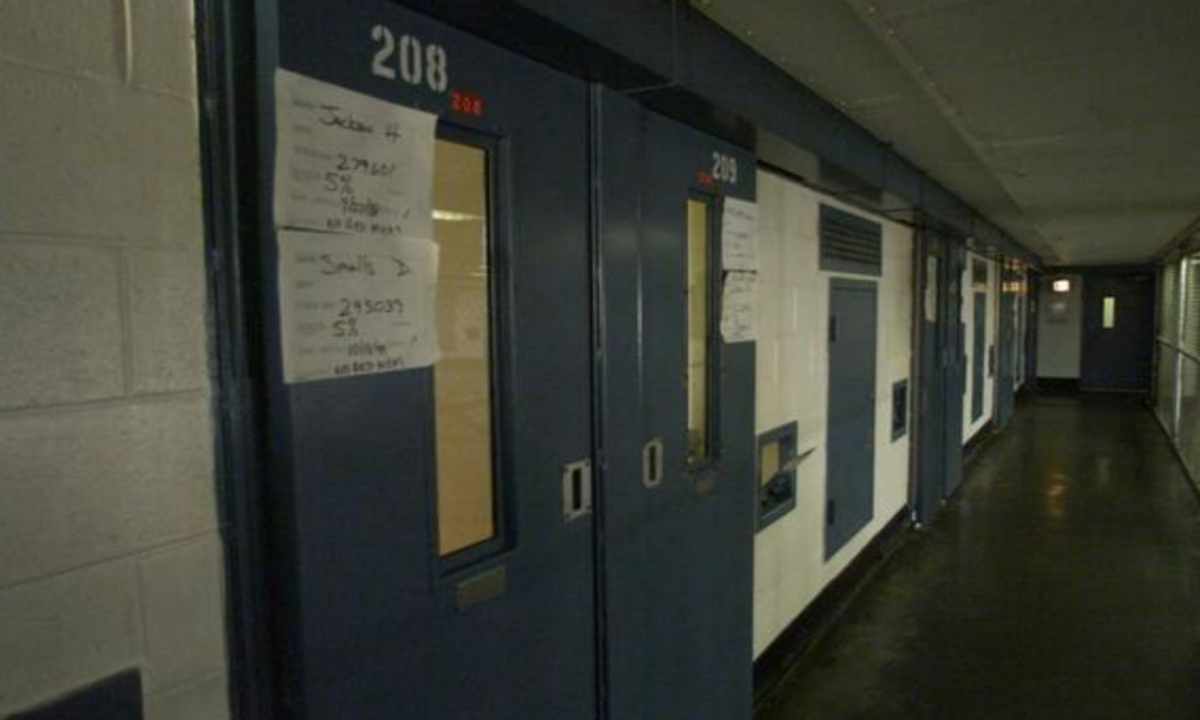In March 2023, 26-year-old Justice Lassiter took his own life at Northern State Prison in Newark, New Jersey, while serving a seven-year sentence for armed robbery. His family has now filed a lawsuit against the New Jersey Department of Corrections (NJDOC), alleging that the department failed to protect him and that its negligence created an unsafe environment leading to his tragic death.
Allegations Against NJDOC
Lassiter’s mother, Edelyn Saint Clair, has taken legal action against the state, the NJDOC commissioner, and Northern State Prison’s chief administrator. The lawsuit alleges that these officials tolerated a “lawless atmosphere” within the prison, which ultimately led to her son’s death. According to court documents, Saint Clair believes that her son’s suicide could have been prevented if the prison had proper oversight and mental health support.
The lawsuit highlights concerns raised in a 2024 report from the Office of the State Comptroller. The report found multiple operational failures in the NJDOC, particularly within the Special Investigations Division (SID), the department responsible for overseeing officer misconduct. The findings suggest a systemic issue of inadequate investigations and lack of accountability within New Jersey’s correctional system.
Investigations into Misconduct
According to the Comptroller’s report, the SID failed to conduct thorough investigations in numerous cases:
22% of reviewed cases lacked interviews with key witnesses.
Important evidence was missing from multiple investigative files.
There were no clear policies or adequate training for investigators.
These failures raise serious concerns about the effectiveness of oversight within NJDOC facilities. The lack of thorough investigations suggests that misconduct among correctional officers may go unchecked, creating unsafe conditions for inmates.
Suicide Prevention and NJDOC’s Response
Suicide is a persistent issue within correctional facilities, and Lassiter’s case has brought renewed attention to the NJDOC’s efforts—or lack thereof—in preventing inmate suicides. Between 2001 and 2019, 53 suicides were reported in New Jersey state and federal correctional facilities. In recent years, the NJDOC has reported an average of five suicides per year.
NJDOC spokesperson Daniel Sperrazza responded to the lawsuit, stating that the department prioritizes the safety and well-being of all incarcerated individuals. He pointed to the establishment of a Self-Harm Task Force in March 2023, the same month as Lassiter’s death. This task force aims to improve practices for identifying high-risk individuals and preventing self-harm among detainees.
However, Lassiter’s family argues that the measures taken by NJDOC were insufficient. The lawsuit claims that:
Prison staff failed to conduct regular checks on inmates.
Officials did not take proper steps to protect Lassiter from harm.
Staff overlooked Lassiter’s risk factors for suicide.
There was a lack of timely response to his calls for help.
Broader Issues Within NJDOC
The lawsuit is not the first to highlight problems within the New Jersey correctional system. In recent years, NJDOC has been under scrutiny for its handling of officer misconduct and prisoner welfare. One of the most notorious incidents involved the Edna Mahan Correctional Facility for Women, where multiple officers were indicted for coordinated assaults on inmates. The scandal led to federal oversight of NJDOC operations.
In addition, Northern State Prison, where Lassiter was held, has seen multiple disciplinary actions against correctional officers. In 2023, three officers from the facility were named in the state Attorney General’s Major Discipline report. The same year, South Woods Prison had 23 officers facing major disciplinary action, including cases related to neglecting inmate safety.
Family’s Legal Action
Saint Clair is seeking compensatory and punitive damages, as well as coverage for legal fees. She argues that NJDOC officials displayed “deliberate indifference” toward her son’s safety. The lawsuit states that prison officials “knew or should have known” that Lassiter was vulnerable to self-harm, yet failed to take necessary precautions.
The case is expected to bring more scrutiny to NJDOC’s policies and procedures. Advocates for prison reform say that stronger oversight and improved mental health support are essential to prevent future tragedies. If successful, this lawsuit could lead to changes in how New Jersey handles inmate safety and mental health concerns.
Conclusion
Lassiter’s tragic death raises serious questions about the conditions within New Jersey prisons and the effectiveness of the NJDOC’s oversight. As the case unfolds, it may have significant implications for how correctional facilities handle suicide prevention, misconduct investigations, and overall inmate welfare.
Disclaimer—Our team has checked this article to ensure its accuracy and eliminate any misinformation. We are committed to providing clear and reliable information for our readers.


